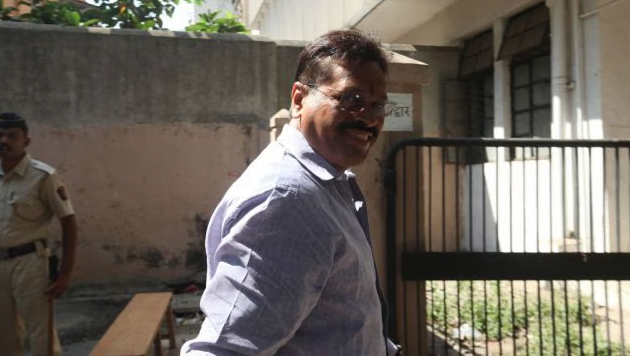Politics, a labyrinth of alliances and ambitions, often witnesses intriguing maneuvers aimed at securing power and influence. Amidst the ever-shifting landscape of political affiliations in Maharashtra, one strategy stands out: political hedging. This article delves into the recent events surrounding political hedging, focusing on the Gholap family’s actions and the implications of AIMIM’s role in the state’s political arena.
1. Introduction: Understanding Political Hedging
Political hedging refers to the strategic moves made by politicians to safeguard their interests amidst uncertainty or changing political dynamics. It involves aligning oneself with multiple parties or factions to maximize opportunities for political survival and advancement.
2. The Gholap Family’s Political Maneuvering
The Gholap family, a prominent political entity in Nashik, has been making headlines with its strategic realignments. Former minister Babanrao Gholap’s recent decision to switch allegiance from Shiv Sena UBT to the Eknath Shinde-led Shiv Sena underscores the intricate nature of political alliances. Interestingly, while Babanrao Gholap embarked on this new political journey, his son Yogesh Gholap remains affiliated with Sena UBT, and his daughter Tanuja Gholap has found herself in the BJP camp. This familial divergence highlights the nuanced approach towards securing political relevance within the Gholap household.
3. All India Majlis-e-Ittehadul-Muslimeen (AIMIM): A Game Changer?
AIMIM’s emergence as a potential game-changer in Maharashtra’s political landscape cannot be overlooked. Despite contesting only one seat in the 2019 Lok Sabha elections, AIMIM managed to secure a significant vote share, particularly in minority-dominated constituencies. However, recent controversies surrounding the party have raised concerns among non-BJP parties. The clandestine train trip involving a senior AIMIM leader and a senior BJP figure has fueled speculations about AIMIM’s intentions and its potential to disrupt the electoral equations in the upcoming Assembly elections.
4. Analysis: Implications of Political Hedging in Maharashtra
The Gholap family’s political maneuvering and AIMIM’s evolving role underscore the complex dynamics at play in Maharashtra’s political landscape. While political hedging may offer short-term gains, its long-term implications remain uncertain. The fragmentation of political loyalties and the proliferation of opportunistic alliances could lead to instability and governance challenges in the state.
5. Conclusion: Navigating Political Uncertainty in Maharashtra
As Maharashtra braces itself for the upcoming Assembly elections, political actors must navigate through a maze of uncertainties and competing interests. The Gholap family’s strategic diversification and AIMIM’s potential spoiler role highlight the need for astute political calculations and coalition-building efforts. In this volatile terrain, adaptability and foresight will be crucial for securing political relevance and ensuring effective governance.
FAQs:
- How common is political hedging in Indian politics?
- What factors drive politicians to switch parties?
- Can political hedging lead to ideological inconsistencies?
- How do voters perceive politicians who engage in frequent party switching?
- What role do regional dynamics play in shaping political alliances in Maharashtra?
